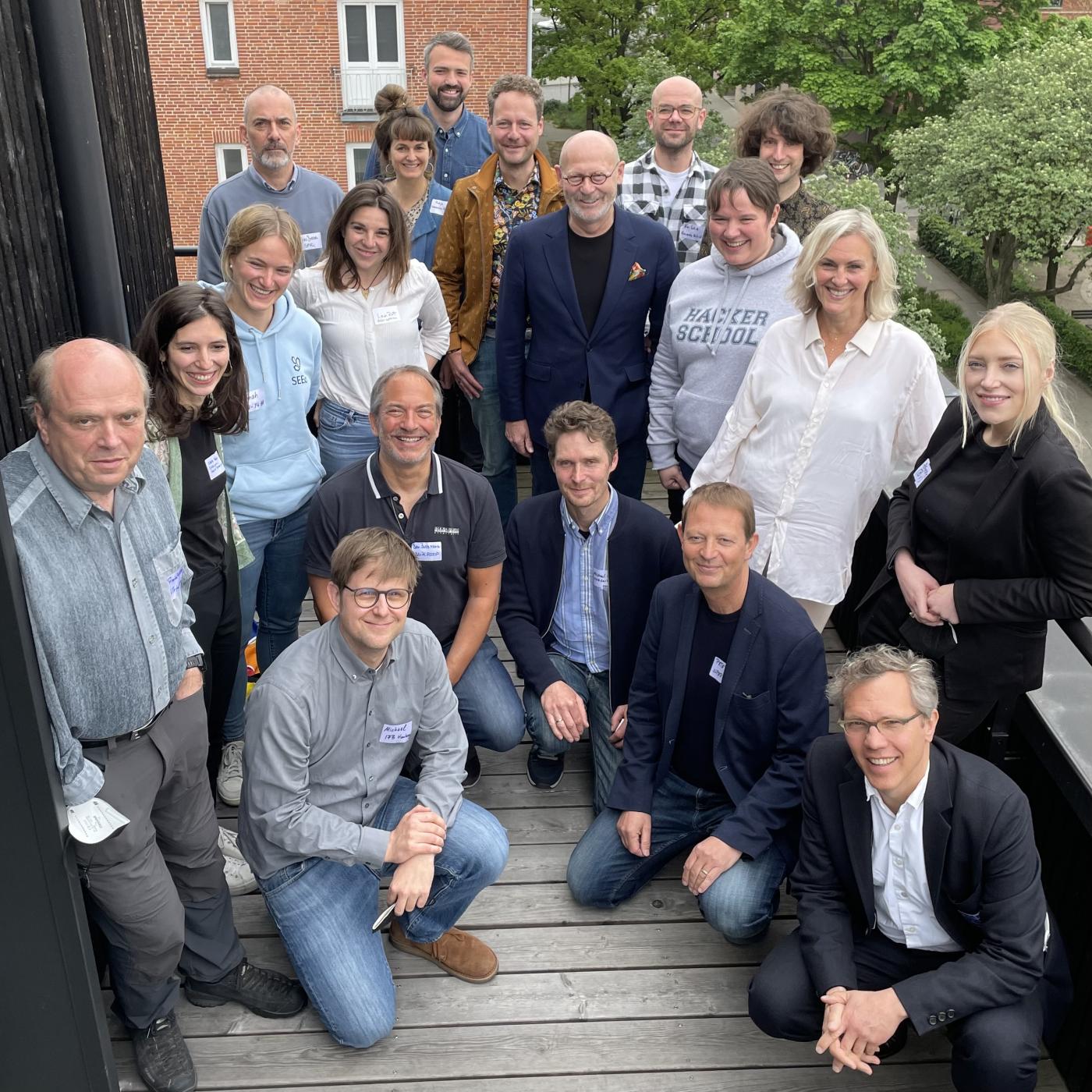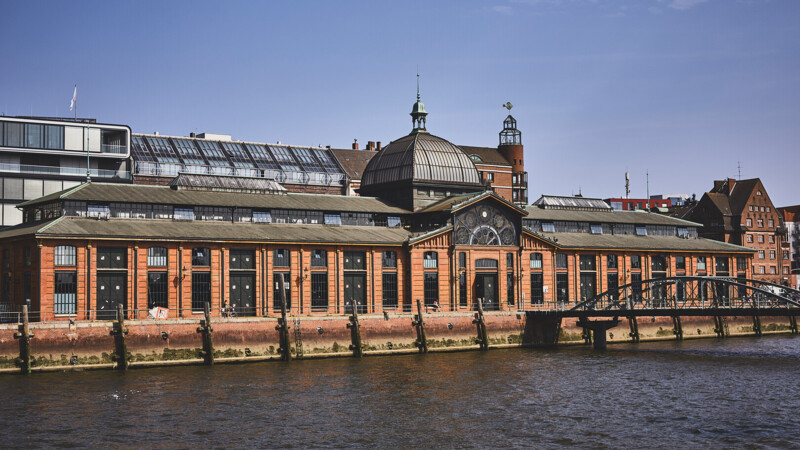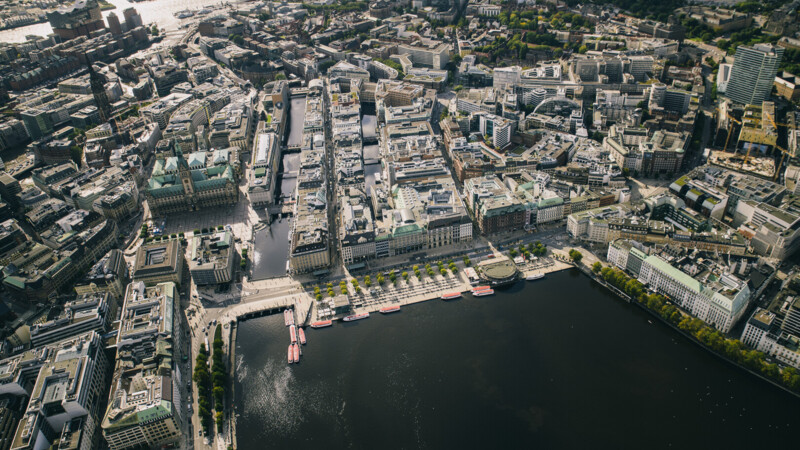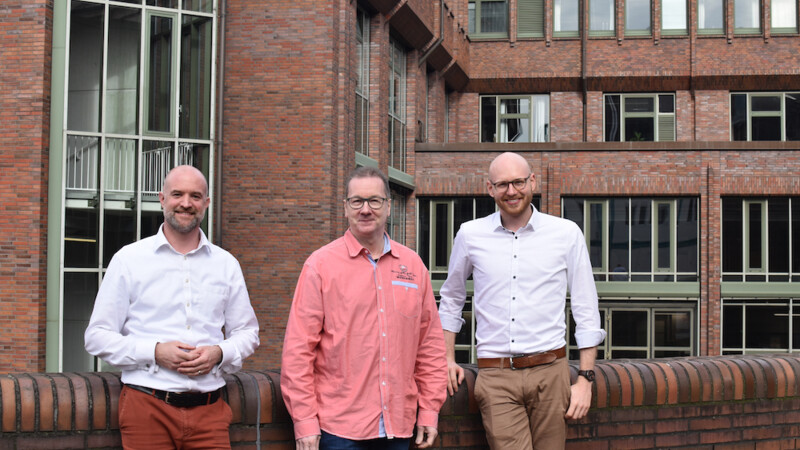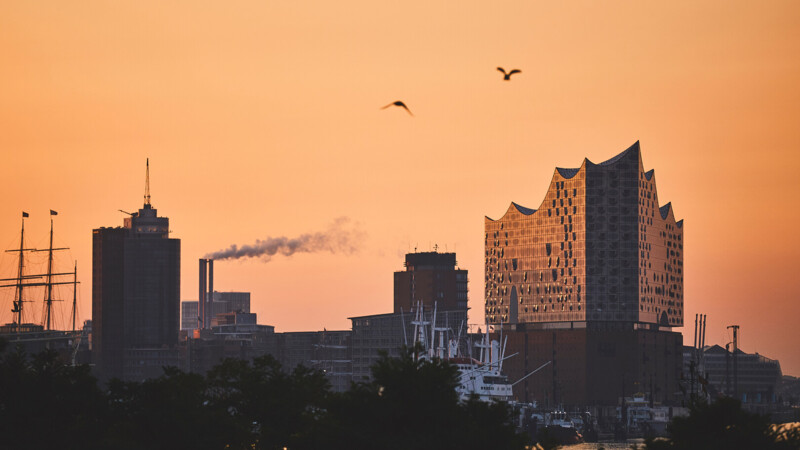Michael Westhagemann, Senator for Economics, remarked: "By participating in the 'UpdateDeutschland' process last year, Hamburg embarked on an entirely new collaboration between business, society and administration," and hailed the results "a successful example of how concrete and long-term solutions could grow out of an open-social-innovation process".
Ideas for more sustainability included carbon sequestration presented by VIVO Carbon, recycling donated clothing by Hanseatic Help e. V., sustainable redevelopment in the city centre by the Reallabor Altstadtküst, the development of organic food in the city through the Future Food Campus Hamburg and a social-ecological supermarket. Other projects included an online learning platform (Chancen CAMPUS Hamburg), a lab for online inclusion education (Dialogue Online Inclusion Learning Lab) as well as an alarm app (Safer.Spaces) and a novel Sports & Mental Health Lab. Yet other initiatives focused on introducing young people to innovation and start-up topics through the "Young Waterkant Festival Hamburg" and the "Hacker School @yourschool" to get youths excited about IT topics.
